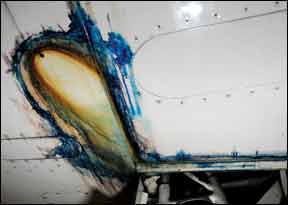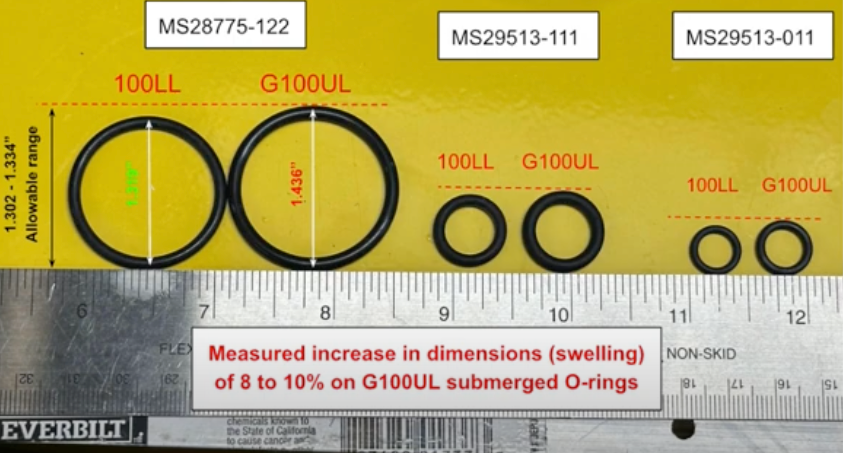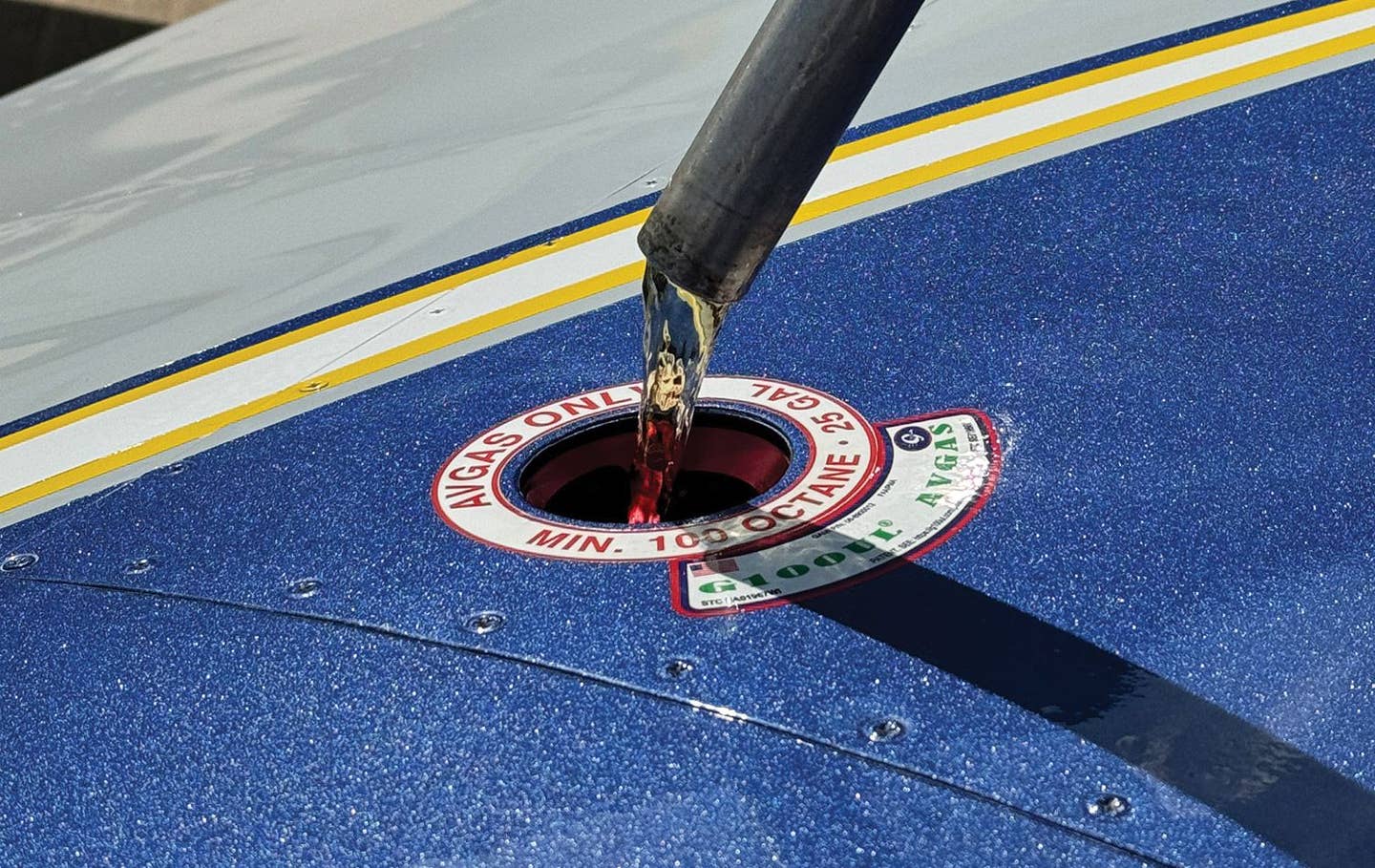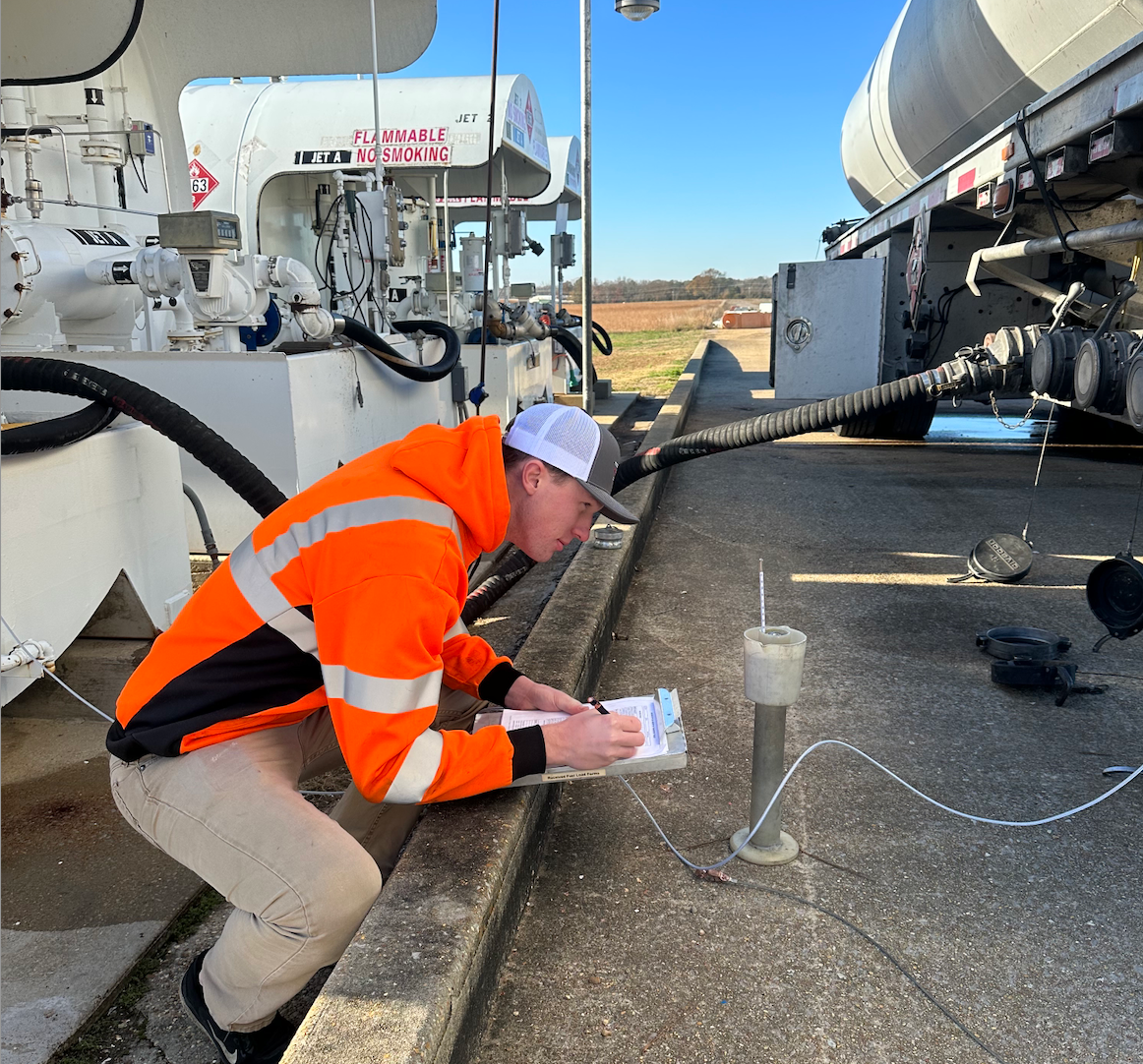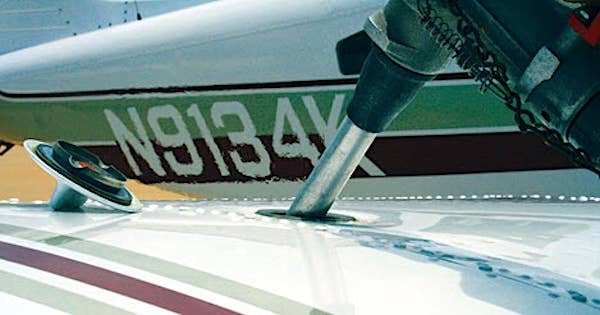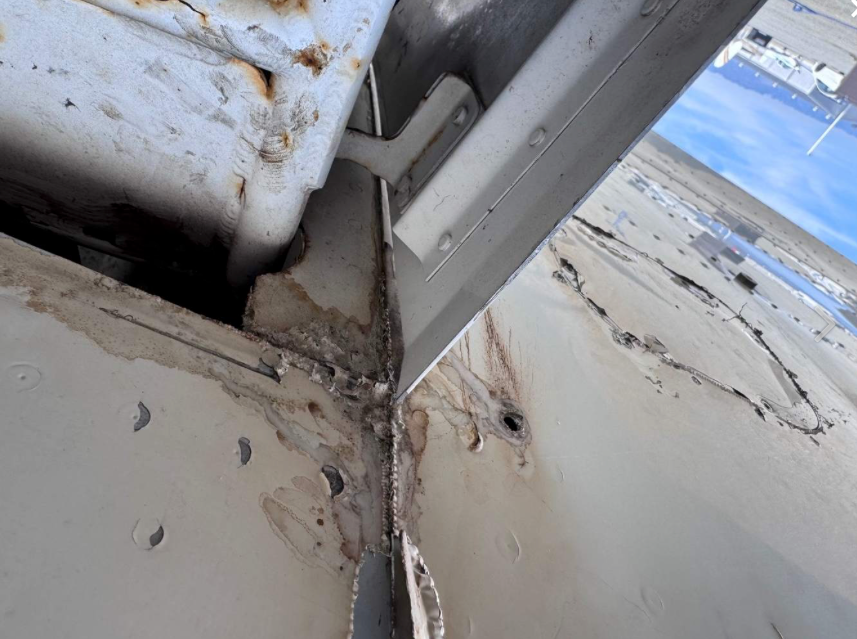Electric Taxiing Unveiled
Safran and Honeywell have unveiled an electric taxiing system for airliners that is expected to save millions of gallons of fuel and make airports much nicer places. According to France 24 the companies collaborated on the system, which puts electric motors on the main wheels to allow pilots to maneuver on the ground without using the main engines. The system is virtually silent and the weight penalty is more than compensated for by the smaller fuel load it allows aircraft to carry. It’s estimated that about 5 percent of jet fuel is burned before takeoff and after landing and taxi times are on the increase at airports all over the world. The companies are demonstrating the system on an A320, which is actually at the upper end of the target market.
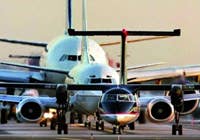
Safran and Honeywell have unveiled an electric taxiing system for airliners that is expected to save millions of gallons of fuel and make airports much nicer places. According to France 24 the companies collaborated on the system, which puts electric motors on the main wheels to allow pilots to maneuver on the ground without using the main engines. The system is virtually silent and the weight penalty is more than compensated for by the smaller fuel load it allows aircraft to carry. It's estimated that about 5 percent of jet fuel is burned before takeoff and after landing and taxi times are on the increase at airports all over the world. The companies are demonstrating the system on an A320, which is actually at the upper end of the target market.
The system is aimed primarily at airlines with short-haul routes because the fuel burn during taxi is a bigger portion of the overall use on a short flight. The companies estimate the market at about $5 billion. Other electric taxi systems are under development. Israel Industry Aerospace and Airbus are developing a detachable tug that is remotely controlled by the pilots and KLM is designing a system with an electric motor on nosewheel airliners.

